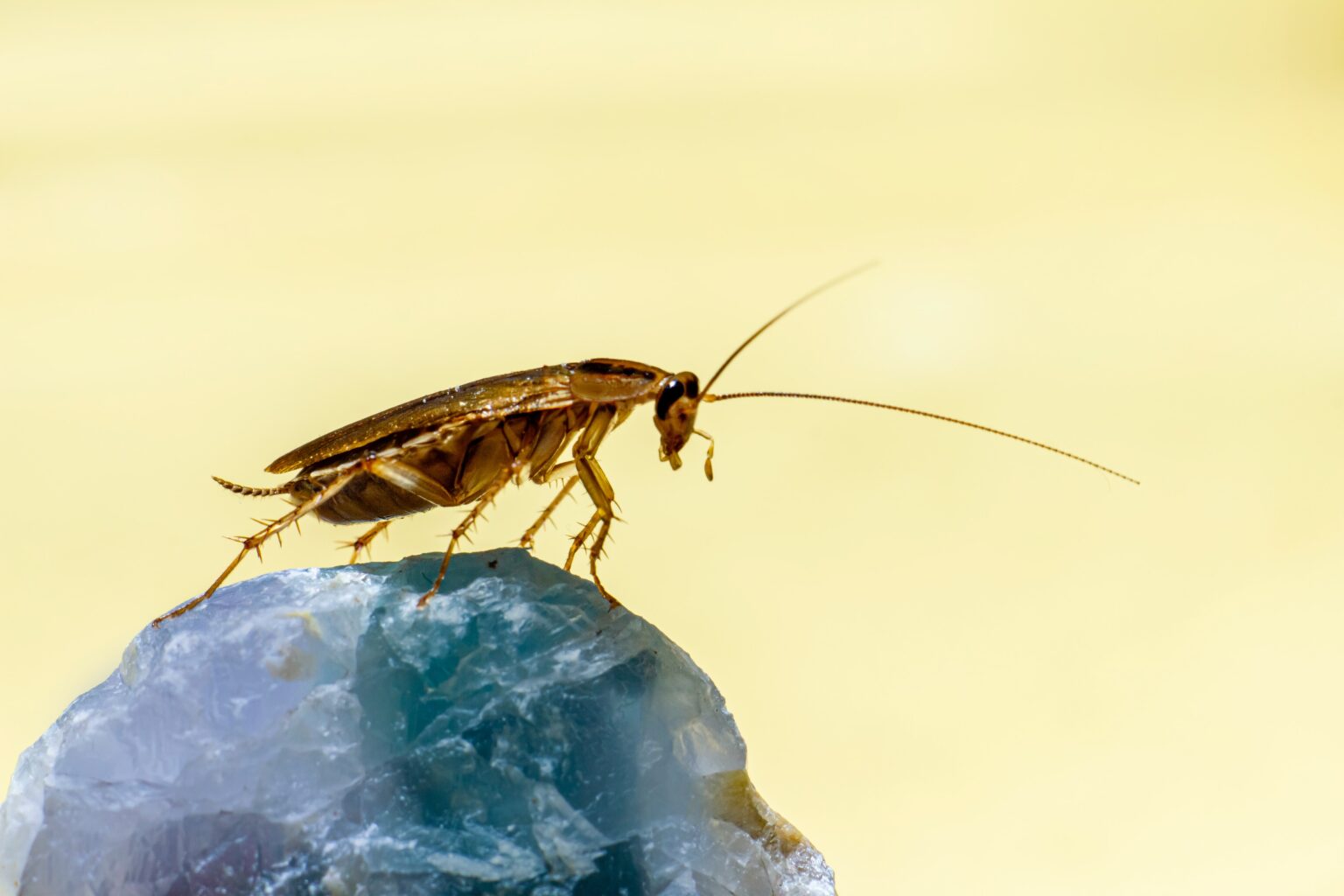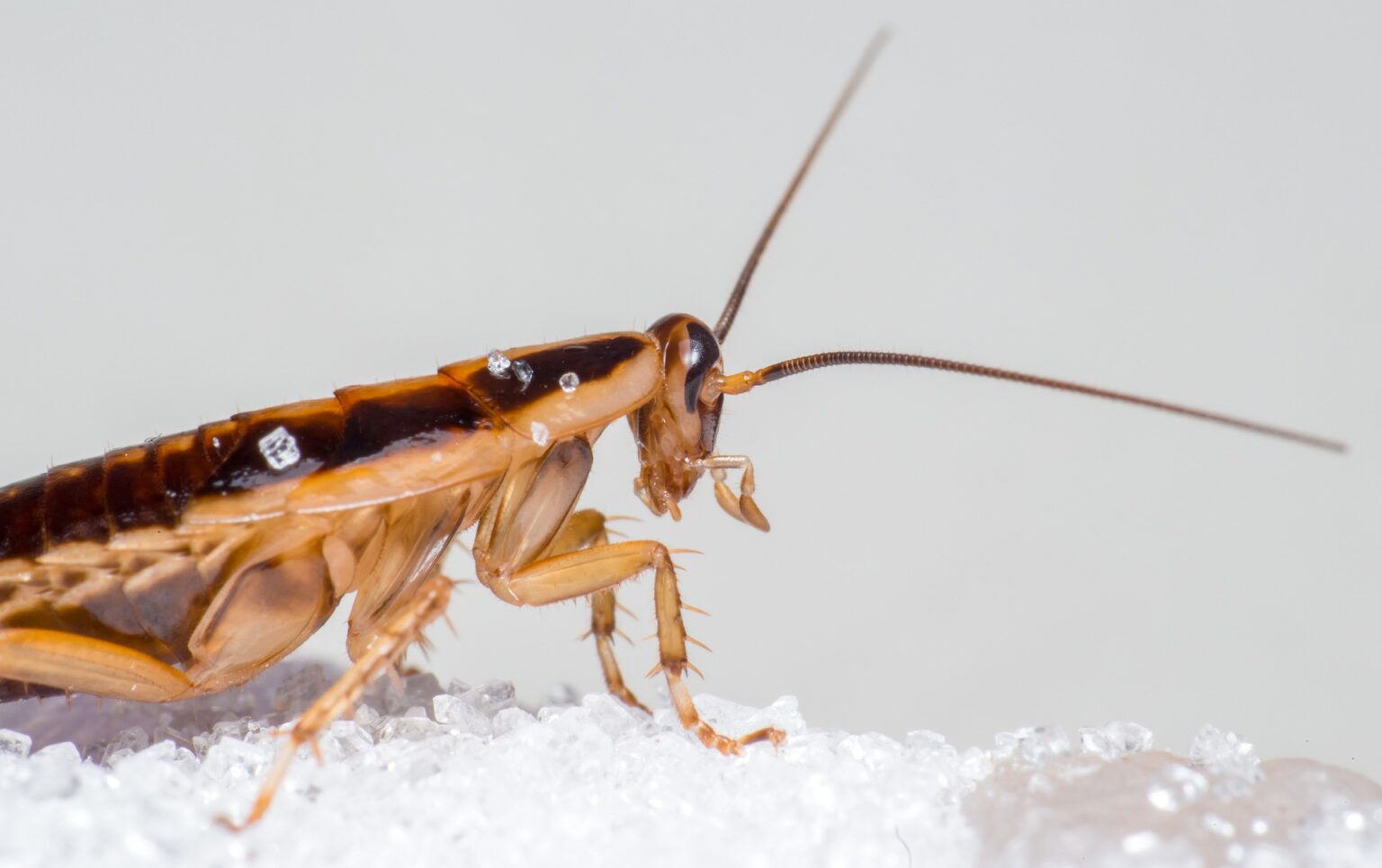Mosquitoes are one of the most persistent insects you might be dealing with, and their unstoppable appetite drives them to bite all the time. But, did you notice that some people attract more mosquitoes while others are not bothered so much?
If you want to find out the science behind mosquito bites and what might be attracting them the most you are on the right page.
We have all the interesting details that explain why mosquitoes bite and offer the best ways to deal with those pesky biters. Let’s jump right in!
Table of Contents
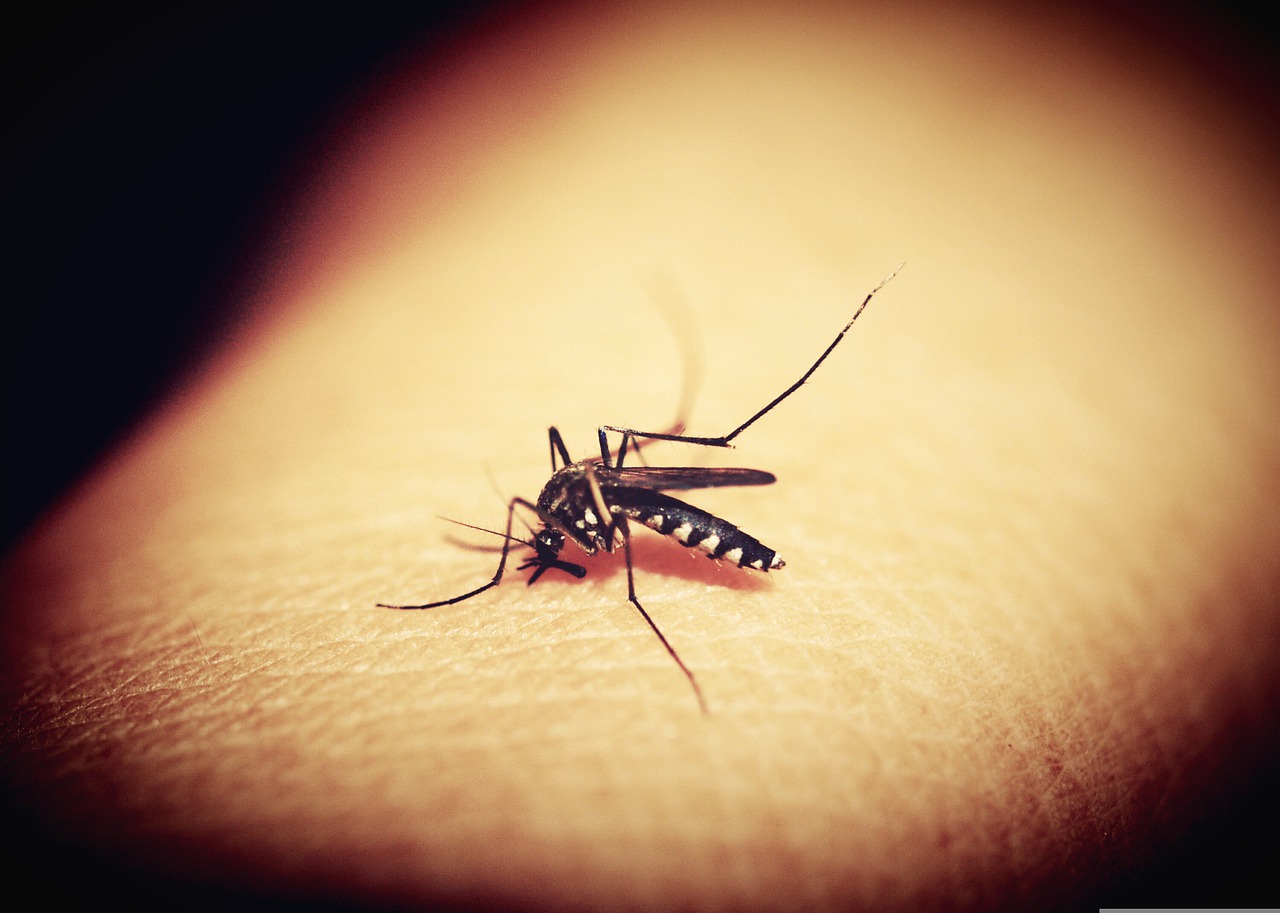
Why Do Mosquitoes Bite?
Mosquitoes are one of the most dangerous insects on the planet but it’s good to know that only female mosquitoes bite humans and feed on their blood. Male mosquitoes like to eat fruit and flower nectar while females depend on human and animal blood for procreation. This might be a useful idea to explore while dealing with mosquito problems and their procreation process.
Mosquitoes might be small but their ability to transmit deadly diseases such as Malaria, Yellow and Dengue fever, Zika, and West Nile viruses makes them the most deadly pests. This is one of the reasons why so much research has been done and why we have all the information you need to keep mosquitoes away. Different species are attracted to different things, but there are a few common factors that seem to lure in mosquitoes everywhere, so keep on reading to find out more.
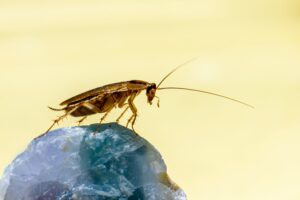
What Are the Most Common Cockroach Diseases
Learn about the most common diseases that cockroaches can carry and spread to humans. Find out how to prevent and control cockroach infestations to protect your health and home.
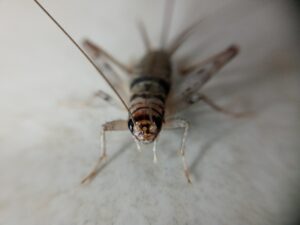
How to Get Rid of Crickets
Discover the most efficient ways to get rid of crickets from your home and garden, and eliminate the pests from your home fast.
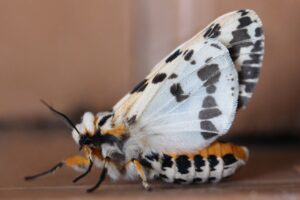
5 Best Traps to Get Rid of Moths for Good
Discover the best moth traps on the market and repel or completely get rid of moths faster and more efficiently.
What Attracts Mosquitoes?
Before we dive into the detailed list of what attracts mosquitoes the most, let’s take a look at the research for the Journal of the American Mosquito Control Association.
“Mosquito attraction responses to substances collected from human skin and placed on glass Petri dishes were studied. Mosquito response varied according to the source of the substance. Substances removed from the head and hands elicited the greatest attraction response in laboratory-reared mosquitoes. Mosquito response lasted up to 6 h when the substance was aged and was increased by warming the samples from ca. 25 degrees C to 37 degrees C. Of the 12 mosquito species studied, attraction response was greatest in Aedes aegypti.”
We can see that mosquitoes are definitely not attracted to all humans the same and a lot of the attraction depends on the smell and the temperature of the specimen. With this in mind, we have a comprehensive list of the most obvious and researched attractants that will make you a delicacy for mosquitoes.
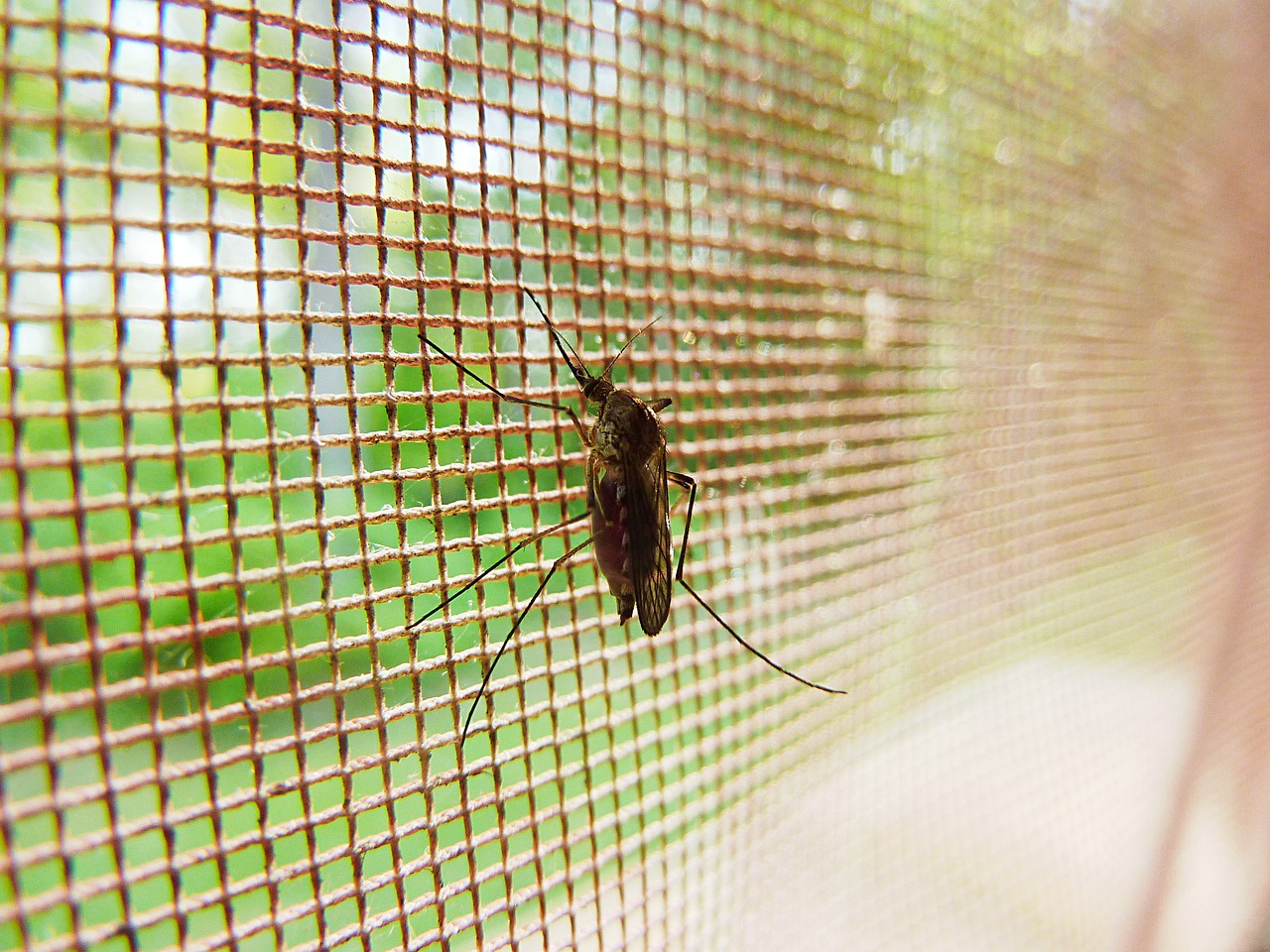
1. Clothes
Mosquitoes are attracted to certain colors that resemble the color of blood such as red and dark colors, and they also love floral and bright patterns.
This means that if you want to be less appealing to mosquitoes you should wear neutral colors and loose-fitting clothes, as they can easily penetrate through the fabric and bite you if the clothes are tight enough.
2. Smell
Other than colors mosquitoes also rely on smell to find the perfect victim.
This is why they will bite people who are sweating and exercising more, and also love to bite exposed places that have a fruity smell. In addition, if you are drinking beer it’s surely going to attract more mosquitoes as they will sense the yeasty and sweet smell on your skin, and unfortunately, pregnant women are also a great target because of the increased body temperature and blood flow.
So, you should be cautious with your perfumes and deodorants, but also try to sweat less in highly-populated areas or repel mosquitoes with airborne repellents that will mask your smell.
3. Blood type
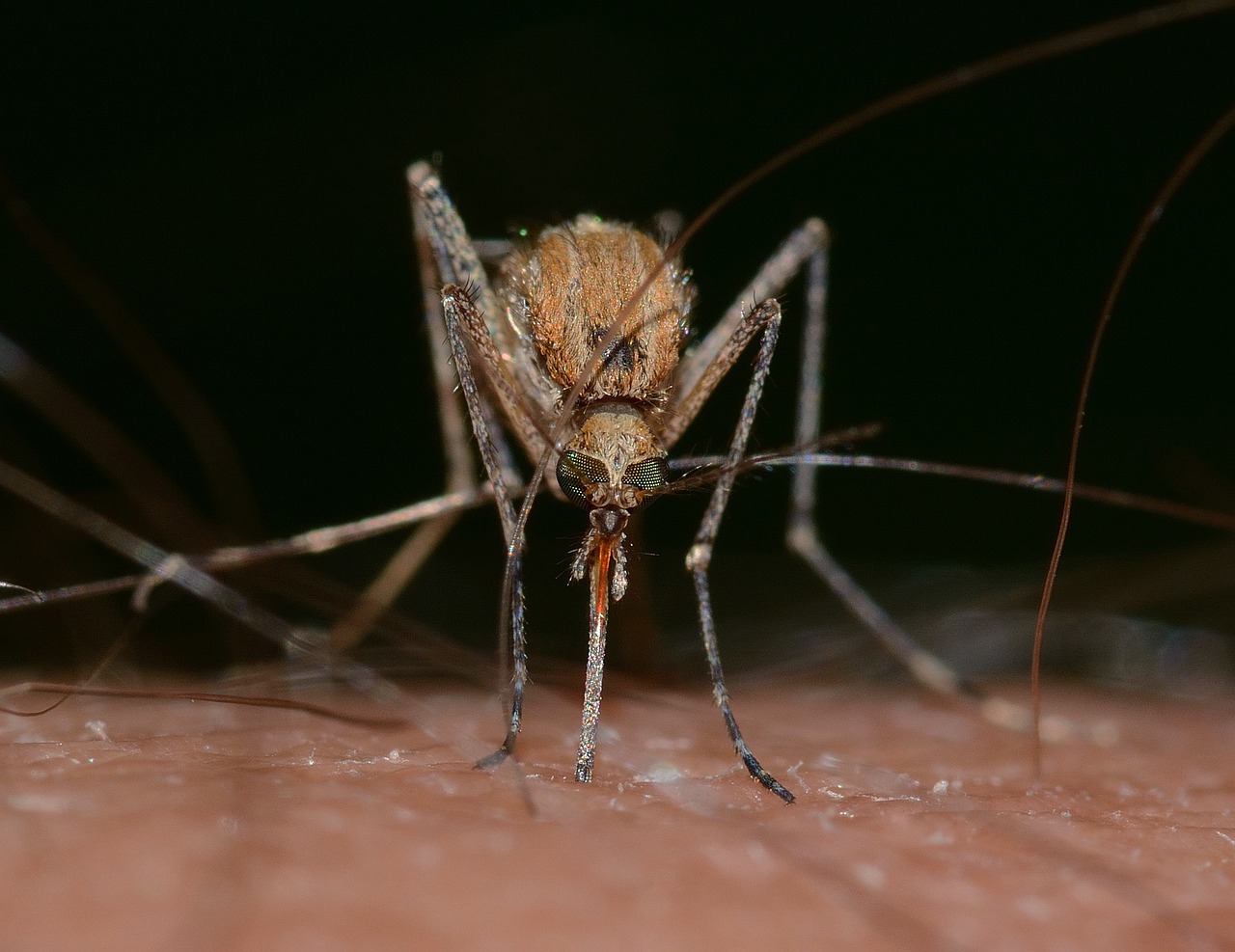
4. Standing water
Apart from direct attractions, you as an individual might have it’s also worth noting that mosquitoes like many other insects love standing water. They rely on any standing water for mating and egg development, so make sure you are not hanging around any lakes and bodies of water during summer, and that you keep your backyard dry and tidy. This can include even small water surfaces like dog bowls and puddles in the sandbox after rain.
5. Tall grass
Even though mosquitoes spend most of their time hunting and feeding they also need a place to rest and hide from predators. The tall grass and vegetation are a perfect spot for clusters of mosquitoes to hide in and wait for the opportunity to bite, feed on blood, and produce eggs.
So, in addition to avoiding tall grass areas in the summer, you also need to ensure your backyard is not cluttered, the grass is mowed and all the vegetation is trimmed and tidy. You can add a few bug zappers on your patio to lure in and kill all the mosquitoes that might be hanging around.
Mosquitoes are one of the most persistent and dangerous insects that you can encounter in your home and garden. While there are solutions to deal with mosquitoes on your own, if the infestation becomes severe you should rely on professional exterminators.
The specialized teams are prepared with the right tools and experience to deal with any kind of pests, including mosquitoes. So, if you consider them to be too much of an issue for you to handle alone or you simply want to ensure the best results call your local exterminators.
